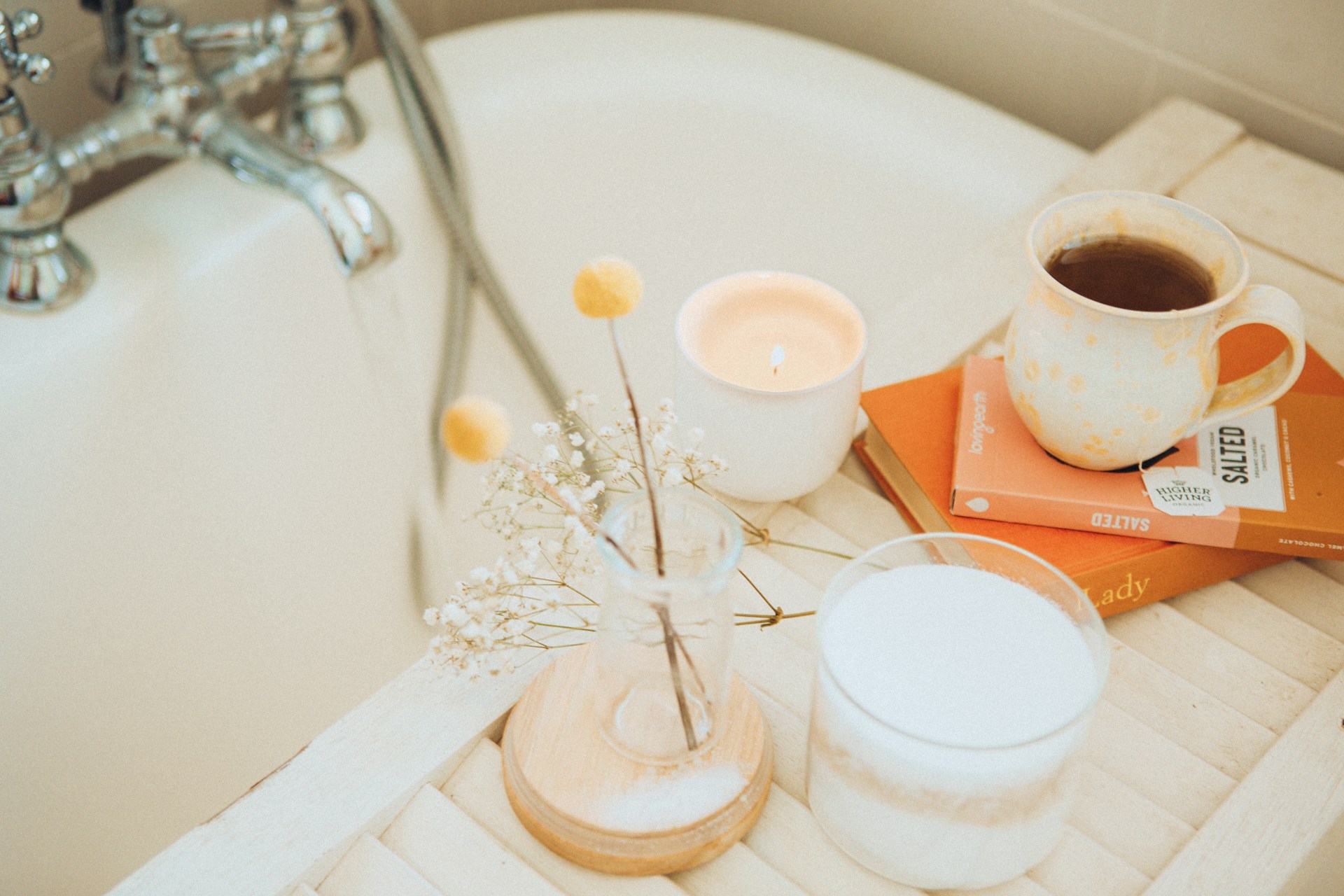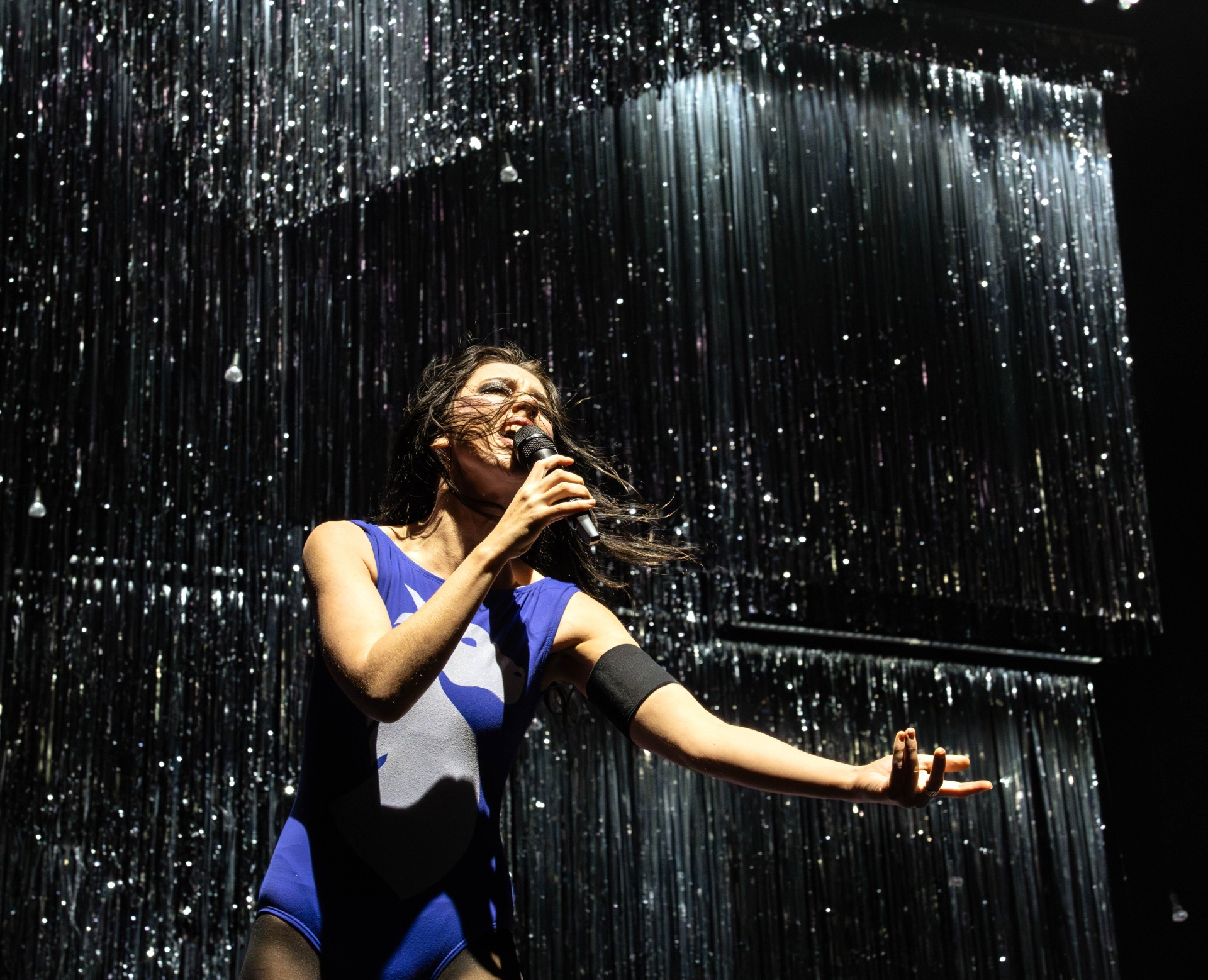Ahead of her Globe show tonight, Quench’s Mared Parry had a chat with the lovely, Gabrielle Aplin to talk about the ins and outs of the singer-songwriting star…
Quench Music (QM): As someone who has found success through means other than television talent shows, do you feel obligated to offer a platform to other gigging artists who aren’t perhaps as well known?
Gabrielle Aplin (GA): Yes, she’s a friend of mine (Hannah Grace) and when I set up my label I started getting royalties back from previous releases and decided to invest them into other artists. Hannah’s one of my best friends and it’s great to have fun and be creative with her. I just basically support and fund her projects and ideas. ┬áShe’s in my band as well, she sings backing vocals and plays percussion for me.
QM: So has she been on your album?
GA: Yeah my album was all my friends actually. I knew everyone who played on it! It’s actually great to just have your friends in for the day, just playing with them and seeing what comes out of it.
QM: When did you actually start learning to play all of the many instruments that you are so skilled in?
GA: For me I never had lessons; my aunt gave me an old keyboard when I was younger and I taught myself, and same with the guitar and everything else. I just kept going really. I can read music anyway and can apply it to most instruments but I’m not in any way an expert at any of the instruments I play I’m just able to discover them for what I need them for and I learn my songs on them and can get away with playing them but I’m not a genius.
QM: ÔÇÿGetting away with it’ doesn’t seem a fitting term for your music!
GA: [laughs] Well I think not being perfect at them means I can make discoveries in my music, like it’ll lead me to stumble across a strange chord that will work perfectly that I’d never have come across if I could play them properly!
I actually play the cello a bit but it’s not like I sat down and decided to learn how to play it, you can make music out of most things and even if I can’t play something I might be able to use it in a certain way in my music.
 QM: You’ve gained a lot of success from using social media to promote your music online, what tips would you have for fans to help them to gain a following on YouTube for example?┬á
QM: You’ve gained a lot of success from using social media to promote your music online, what tips would you have for fans to help them to gain a following on YouTube for example?┬á
GA: I didn’t really have a clue what I was doing to be honest! I guess just making the most of all of my resources really helped. I wasn’t just putting my songs on YouTube, I was putting them on iTunes, playing local gigs and giving away free tracks. Soundcloud is a really cool community that I used a lot. Being proactive is key I think.
QM: You’ve released both of your albums on vinyl, ┬áwhat is your opinion on Spotify and other streaming sites?
GA: I think there’s lots of pros and cons to it. ┬áI understand there’s lots of people who’ve chosen not to upload their music onto it because of unfair streaming royalties but for me I’ve seen a positive side of it. I own a label and I fund all my projects on streaming royalties and haven’t been bitten by it that way. Without it I wouldn’t be able to fund projects like Hannah Grace and things. People would download it illegally if it wasn’t there for free, so I think it’s a step in the right direction. People might use it to discover new music and I think it’s really valuable.
QM: Do you create your albums to be listened to as a journey or story with a link between every track or more as a collection of individual tracks ready to be put out as singles?
GA: I like creating pieces to be eventually put together as a whole. My first album was written over four years so it was important to put the tracks together in production and stuff, but with my second record it was all written together in the same place at the same time and with the same people, so I was able to create it as one piece without really trying. I wouldn’t want an album that’s like 10 different songs from all over the place particularly.
QM: Hannah supported Hozier on a recent tour, in a similar way to you playing with Gotye. How important is it to learn from experienced professional artists before you actually embark on making your own music?
GA: Yeah the tour with Hozier happened last year for Hannah and that’s what’s so great about it because he’s a really big influence for Hannah and it’s actually really nice to know that people in the industry who don’t particularly know these new artists personally do this. ┬áHe was happy to have Hannah on tour and really made the effort for her. We used to have Bob Dylan and Joni Mitchell, James Taylor and all of those people helping each other write and playing together; we definitely have lost some of that, so to see a community within the industry is lovely. ┬áOne of the most important things, being a new artist, is when someone you’re inspired by brings you through.
QM: You studied music at college in Bath. Does that deeper musical knowledge give you an advantage?
GA: Yeah I wanted to learn and have something to show for myself even though making my own music was getting busy as a job. I didn’t want to go and learn how to write songs as I don’t really thing you can be taught something so unique formulaically. But I learnt how to use recording equipment and do my own way of production and discovered loads about historical and social contexts within music. For example, about The Beatles using the radio to help them experiment and stuff.


